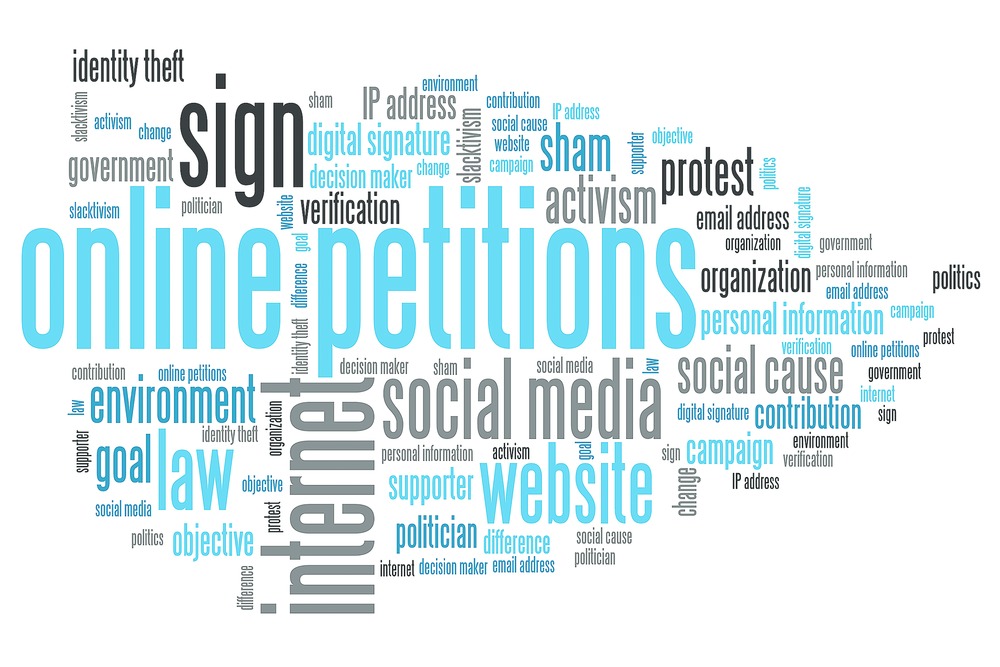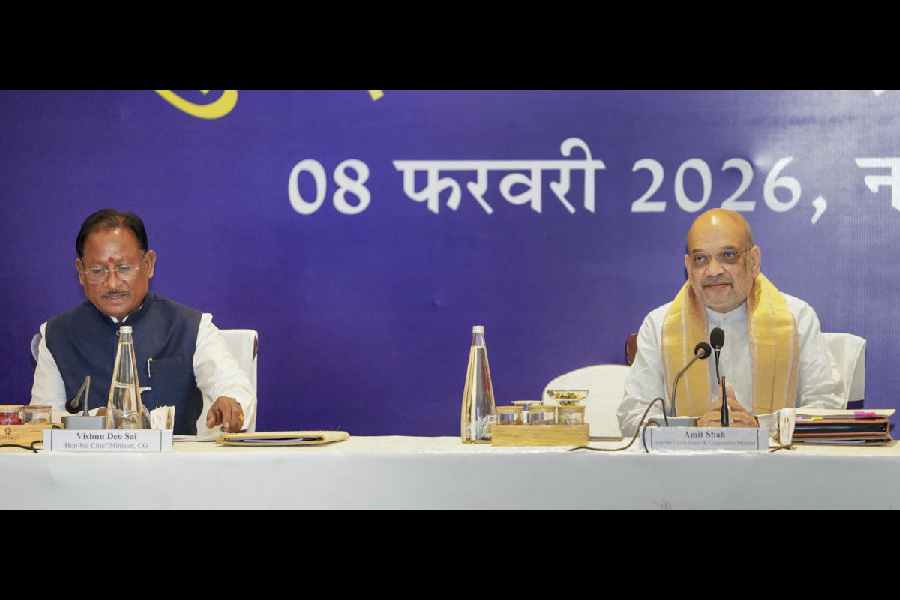
Slackactivists are people who support a cause with the click of a button, but are not seriously interested in working for change
When Congress leader Shashi Tharoor started an online petition, the intention was clear. The private member's bill, which he had introduced in the Lok Sabha in December 2015, had been voted out. But Tharoor was relentless. So last month he put up a petition on the website change.org, directed at Prime Minister Narendra Modi, with pointers against Section 377 of the Indian Penal Code and why it needed to be amended.
"I will run the petition as long as it keeps gathering signatures. When that process dwindles, I will close it and submit it to the Prime Minister," Tharoor says. The petition, endorsed by 64,500 people, states that Section 377 is a British relic drafted in 1860 and has no place in a modern nation like India.
In the age of social media, online petitions are the new form of protest. If you can't hold a public demonstration or raise your voice in Parliament then log on and click your way to make yourself heard.
A recent campaign against American scholar Sheldon Pollock started as an online petition, too. The petition urged Infosys founder N.R. Narayana Murthy and his son Rohan Murty to remove Pollock, who is the mentor and chief editor of the Murty Classical Library of India. Murty, however, has said that Pollock is not going to be removed.
But "clickactivism", another name for Internet activism, is on the rise. And often these petitions are successful.
Take the case of Net neutrality. Software engineer Sandeep Pillai from Kerala's Kollam district started an online petition on this in December 2014. Few knew about the issue then, but his petition at change.org gathered 3.75 lakh signatures and was sent to the Telecom Regulatory Authority of India (Trai). The campaign - "Let the consumers choose how they want to use the Internet" - sparked a public debate and several online groups came out in its support.

"When I started it, the idea was to spread awareness among people about Net neutrality," Pillai, 28, says. "I wouldn't say that it was only my petition that played an important role in Trai's decision on Net neutrality. It was a collective effort from people across the country, including politicians, who spoke on the issue. Raising a petition helped the authorities understand what 3.75 lakh people believed in," he adds.
Activism on the Internet has been gathering momentum since social media became a part of everyday existence. What has changed now is the increasing number of online petitions and campaigns run by organisations dedicated solely to this form of protest. Portals such as avaaz.org, jhatkaa.org, petitionsite.com, petitiononline.com or bitgiving.com are some examples of platforms that provide space for e-protest by raising an issue, spreading awareness and generating an opinion.
The range of petitions on these sites varies. While Jhatkaa and Bitgiving are India-specific, Avaaz and Change are global platforms. At change. org, some of the India-specific petitions are against reservations for Jats, censorship of movies released in India and derecognising schools which fail to safeguard their students. At Jhatkaa, one of the campaigns being run asks the environment minister to consult the public before clearing forests for development.
"To succeed, every campaign needs a story which resonates, and good outreach," says Ela Gupta, vice-president, communications, Bitgiving. "Personal and positive narratives work brilliantly. Most successful campaigns have had a story which makes people want to take action and be part of the story."
Rajya Sabha member and industrialist Rajeev Chandrasekhar considers himself a "successful" campaigner. "I spent two years to get political and public support for a campaign on child sexual abuse, a topic which isn't discussed much in Parliament. There was little on-ground action. But when I put up an online petition, I got two lakh signatures in two months," Chandrasekhar says.
He had earlier written a letter to the women and child development minister but got no response. A fortnight after his petition was launched last September, he received an assurance from the minister that the issue would be looked into. The petition which ran for three months collected 2.5 lakh signatures and was submitted to the central government.
Campaigns for crowdfunding have had their desired impacts, too. When Friendicoes, a 36-year-old animal welfare organisation in Delhi, was facing closure because of lack of funds, it put up an appeal on Bitgiving. "Through crowdfunding, we raised over Rs 3 lakh in the first three days and more than Rs 62 lakh in 25 days," Gupta says. The campaign which ran last August got contributions ranging from Rs 150 to Rs 50,000. Another successful Bitgiving campaign was raising funds to send India's ice-hockey team for an international event in Kuwait.
Starting an online campaign, the organisers say, isn't difficult. The platforms do not charge users for the petitions. "In India, over 40 lakh people have either started or supported petitions on this platform," says Preethi Herman, country lead, change.org. With 100 million users, change.org is India's largest online platform for social change.
Anyone can start a petition on change.org by clicking the "start" button. At jhatkaa.org, the digital campaign includes online petitions as well as inviting volunteers for protest marches or to meet their parliamentarians to discuss issues. At bitgiving.com, every campaign goes through a diligent check before it gets published on the platform. Campaigns which do not provide sufficient information are asked for better clarity before they go live. "There is a KYC (know your customer) process for the campaigners as well," Gupta says.
Rachita Taneja, senior campaigner, jhatkaa.org, adds that regular feedback is sought from members. "We conduct surveys with the members asking them which issue they want us to work on in 2016," Taneja says.
Last year, it put up a three-minute video Kodaikanal Won't on its website, with a rap performance by artiste Sofia Ashraf on multinational Unilever flouting environmental norms at its thermometer unit in Kodaikanal. The video went viral, was watched three lakh times in the first 48 hours and the online petition asking the company to clean up got 95,000 signatures. "Later the Unilever chairman responded saying they would look into the matter," Taneja says.
But this form of activism attracts criticism as well. Many call it "slackactivism". Slackactivists are people who support a cause with the click of a button, but are not seriously interested in working for change.
"That's baseless criticism," Chandrasekhar replies. "This is the digital-age version of a corner-shop debate or a roadside speech. We do it because of the wide audience that we can cater to," he adds. "Online and offline mobilisation are two sides of the same coin. Both enable regular people to be part of social change," Herman adds.
And online petitions can also mobilise people for on ground demonstrations, she says. "Online tools help ease the process of mobilising and communication, and help gather more support because they are not restricted by geography," she adds.
Saving the world has never been this easy. A click is all that it needs.










